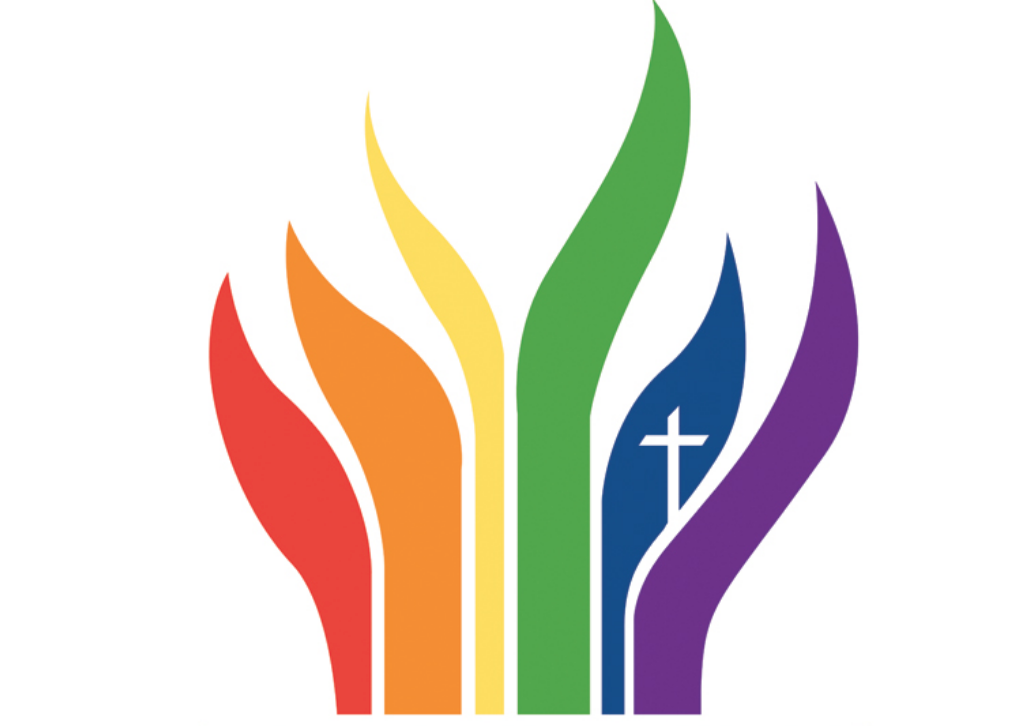On October 31, the anniversary of Martin Luther’s posting of “95 Theses” that initiated the Protestant break with Rome, an upstart U.S. group issued new “Theses” demanding that seven “Mainline” Protestant denominations (listed below) restore devotion to their onetime biblical orthodoxy.
In one of this American generation’s most significant disruptions, Mainline churches, once so influential in American religion, education and cultural values, have suffered unprecedented declines in numbers and vitality. The new “Operation Reconquista” www.operationreconquista.com/ protest launched on Reformation Day squarely puts the blame for all that on liberalism.
Such a boldly ambitious game plan warrants some news attention. So far, the movement has received limited coverage and only in parochial media such as the progressive Baptist News Global and Christianity Today.
Given the entrenched church leadership these insurgents oppose, the effort looks quixotic, but it could become noteworthy even if no gradual turnarounds of the denominations ever occur. It’s potentially intriguing if these insurgents at least re-create the largely defunct organized conservative beachheads within denominations that are ever more resolute in their doctrinal liberalism.
This strategy conflicts with the trend of minority evangelicals in “mainline” churches to surrender, quit in frustration and join either burgeoning non-denominational congregations or breakaway denominations. The United Methodist Church is currently suffering the biggest split since the Civil War. Conservatives report that 24% or more of UMC congregations have lately departed, nearly 7,300 in total, mostly to join the new Global Methodist Church.
But Reconquista strategists want the Mainline’s remaining conservative members to stay put. They argue that these grand old denominations have future potential and that parishioners must restore the vast valuable assets “hijacked” by the doctrinal left to the purposes intended by past generations of faithful donors.
Notes on verbiage: First, “Mainline” Protestant denominations are identified by origins in Colonial times, memberships that are predominantly white and well-off, affiliation with the National Council of Churches, and a flexibly tolerant attitude about Christian teachings, in contrast with strict evangelical and conservative groups. Sociologists have long called them the “Seven Sisters.”







